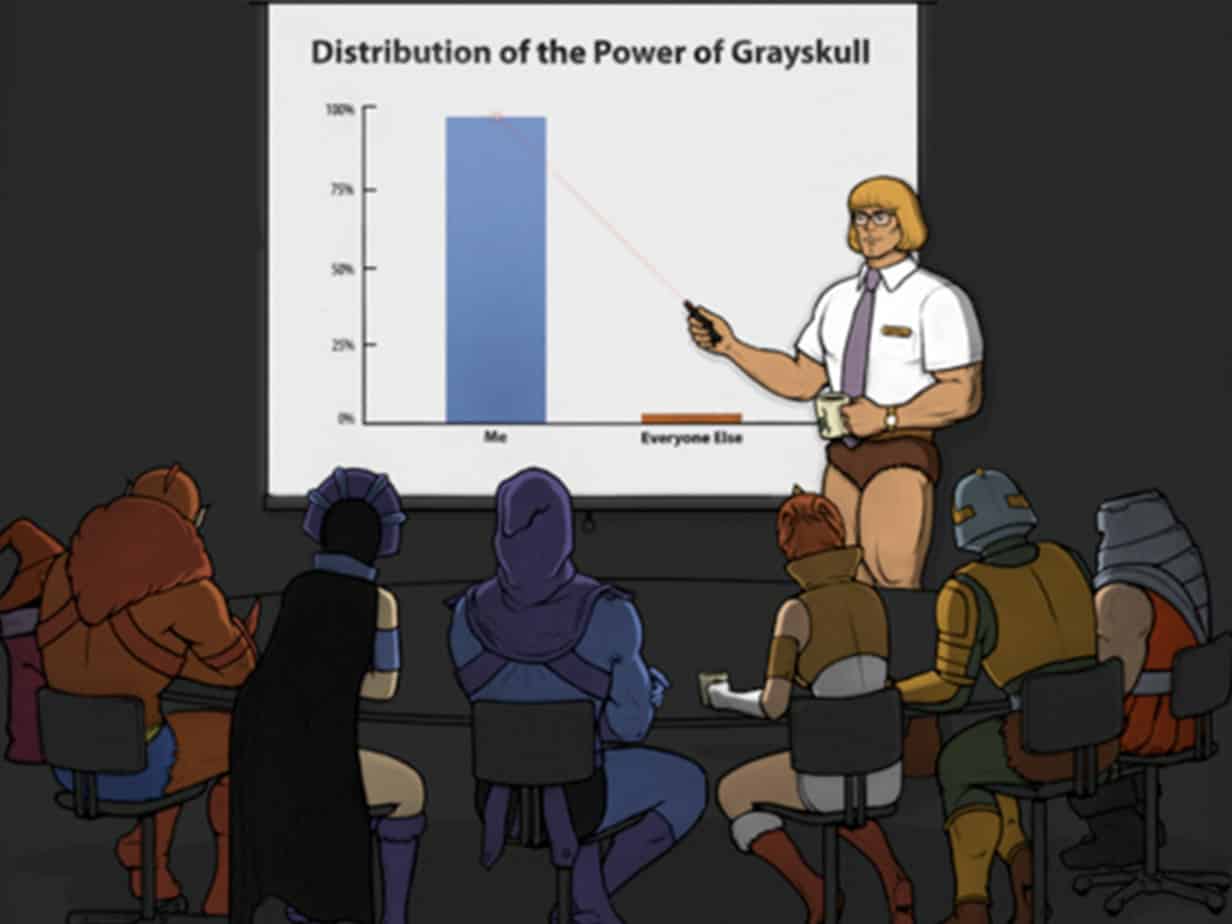
I was talking to a co-worker awhile back about mentors and he mentioned that a college student had asked him to mentor her. He said something like, "I don't know what I can help her with because she's already great at so many things and is a high achiever." So I took a little jog down memory lane to think about what I wish someone would've told me about working life, and it hit me: politics. I was naive in thinking that mean girls out-grew the manipulation, back-stabbing and conniving once they were all adults working in the real world. Therefore, I was ill-prepared for the power struggles and game-playing (by all genders) that happens in work environments. My hope is that you are better equipped to deal with office politics, but just in case, here are some tips from Business Consultant Terry Corbell.
Interestingly, he says, "Typically, both shy people lacking in confidence and aggressive co-workers suffer because they think and act like victims." Keep in mind that oftentimes the root of any episode is from acting and feeling victimized. "In essence, they unknowingly give away their personal power." Remember my boy, He-Man, and tell yourself, "I have the power." Use your personal power to remain professional and objective. Don't go on a power trip. Keep your personal power close to the vest and do the following:
Display an attitude of service.
"Be on the lookout for opportunities to share your expertise without being a know-it-all," Corbell writes. "Don’t worry about getting something in return. In other words, don’t keep score. Be indispensable. But don’t toot your own horn too loudly."
Share the workload and the wealth. "Avoid being seen as a maverick – be inclusive on projects."
It's easy to think: "I'll just focus on my work. I'll stay busy on my tasks and projects instead of getting involved in office drama." But this tactic usually backfires. Instead of noticing your hard work, managers think you're isolating yourself and not being a team player. Definitely stick to the root of this strategy – your work – but, be sure to include others in your work.
"Give credit where credit is due," Corbell reminds us. "When someone – even someone you don’t particularly like – is successful, be happy for them. Go out of your way to congratulate the person. If you go it alone or exclude others, believe me, others will treat you the same way."
Turn your enemies into associates. This one is a doozy. It is not easy to treat an enemy like a friend. However, Corbell gives a real-life example of when it actually worked for him!
"Early in my career, I was once figuratively stabbed in the back by a colleague, which nearly led to me being fired," Corbell recalls. "It was a shock because there had been no friction between the other person and me. Ultimately, my boss sided with me, but inside I was furious with my co-worker. Rather than waste time and energy by dragging around a bag of resentments, I worked on my negative attitude. Literally, I prayed good thoughts for my adversary – for all the happiness and success I wanted for myself. Whenever we ran into each other, I would smile and say “Hello, how are you?” I was met with a scowl or ignored. This continued for three months, but I was determined not to let the person ruin my day. I no longer wanted to give away my power. Then, suddenly, my adversary had a change in attitude, and became a trusted associate."
Let this be a refreshing reminder that people are capable of change. So give them a chance.
